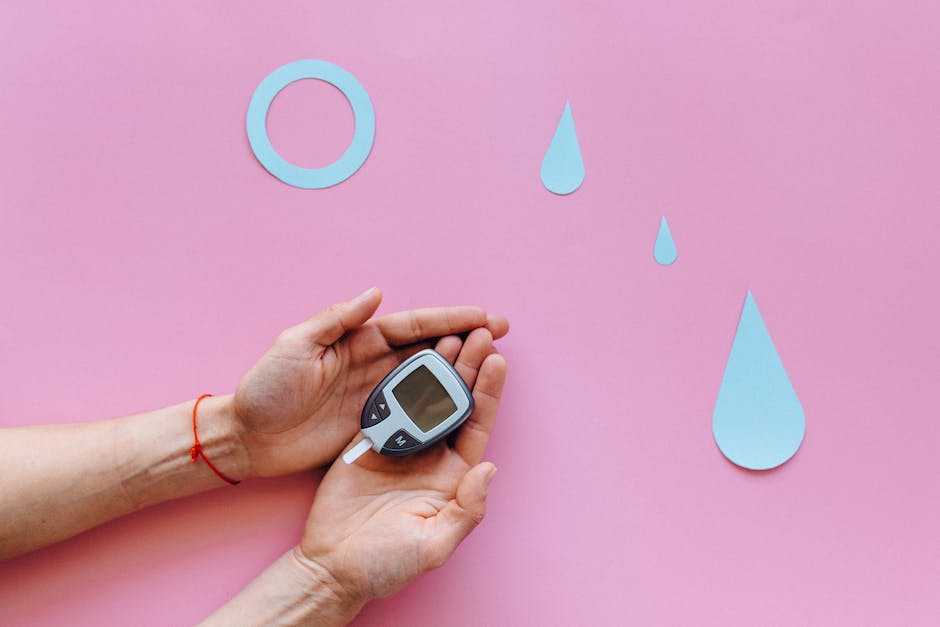Contents
The Causes of Hair Loss in Women
Hair loss is a common condition experienced by both men and women. The causes of hair loss in women can vary from genetics to medical conditions, as well as lifestyle changes. Understanding the potential causes of hair loss in women can help you to manage and treat the condition.
Hereditary Hair Loss (Androgenic Alopecia)
Hereditary hair loss, also known as androgenic alopecia, is the most common cause of hair loss in women. This type of hair loss caused by genetic sensitivity to a hormone called dihydrotestosterone (DHT). This sensitivity leads to follicles that thin over time, resulting in hair loss around the top of the scalp, temples, and crown of the head. Hereditary hair loss in women typically begins between the ages of 12 to 40.
Stress and Trauma
Severe physical or emotional stress can cause the hair follicles to enter a resting state called “telogen effluvium.” In these cases, the hair doesn’t necessarily fall out, but rather it won’t grow any longer than it already has. This type of hair loss in women is usually temporary and can last for two to three months. Over time, with the elimination of stress and trauma, the hair should begin to grow back.
Hormonal Influences
Hair loss in women can often be attributed to changing hormone levels, including but not limited to pregnancy, menopause and thyroid conditions. When the body suddenly has elevated levels of hormones it can cause an increase in the activation of hair follicles that would otherwise remain in a resting state. This can cause an increase in overall hair loss.
Nutritional Deficiencies
A lack of essential vitamins and minerals can contribute to hair loss in women. Deficiencies in protein, iron, and vitamins such as B6 and B12 can all lead to thinning and brittle hair. A diet rich in healthy fats and proteins, and a balanced intake of vitamins and minerals can help to combat the effects of nutritional deficiencies on hair health.
Medications
Certain medications, such as anti-depressants, anti-coagulants, birth control pills, and some acne medications can all contribute to hair loss in women. If you believe your hair loss is connected to a medication you are taking, it’s important to speak to your doctor to explore other options.
Lifestyle Changes
Your lifestyle can also have an impact on hair loss in women. Smoking, excessive drinking, and extreme physical or emotional stress can all contribute to weakening of the hair strands, leading to breakage and thinning. Developing healthy daily habits, such as eating nutritious meals, exercising regularly, and getting plenty of sleep can all help to promote healthy hair growth and reduce the risk of hair loss.
Treating Hair Loss in Women
Treatments for hair loss in women vary, and include topical medications, supplements, and hair restoration or hair transplant surgery. Understanding the causes of hair loss in women can help you to decide the best plan of action for treating your hair loss. A qualified hair restoration specialist can help you determine your course of treatment in order to restore your hair.
